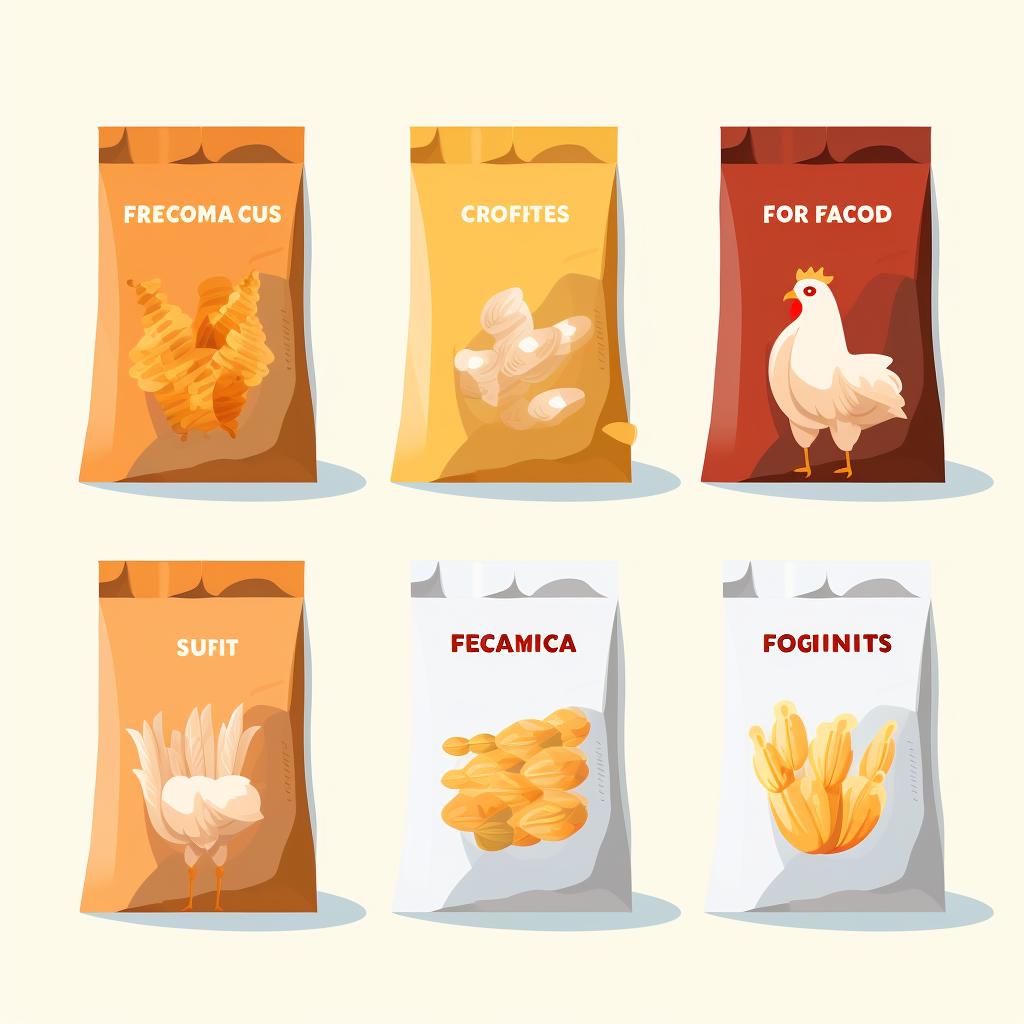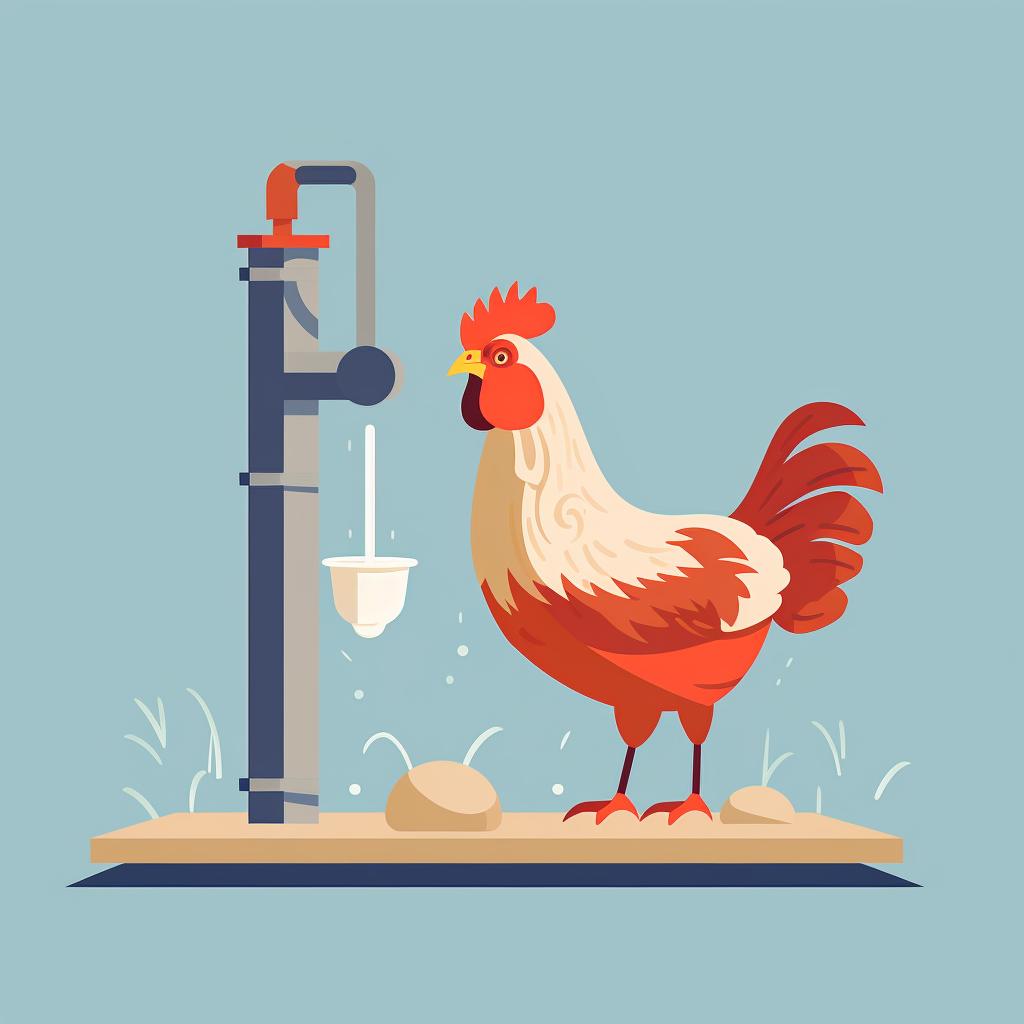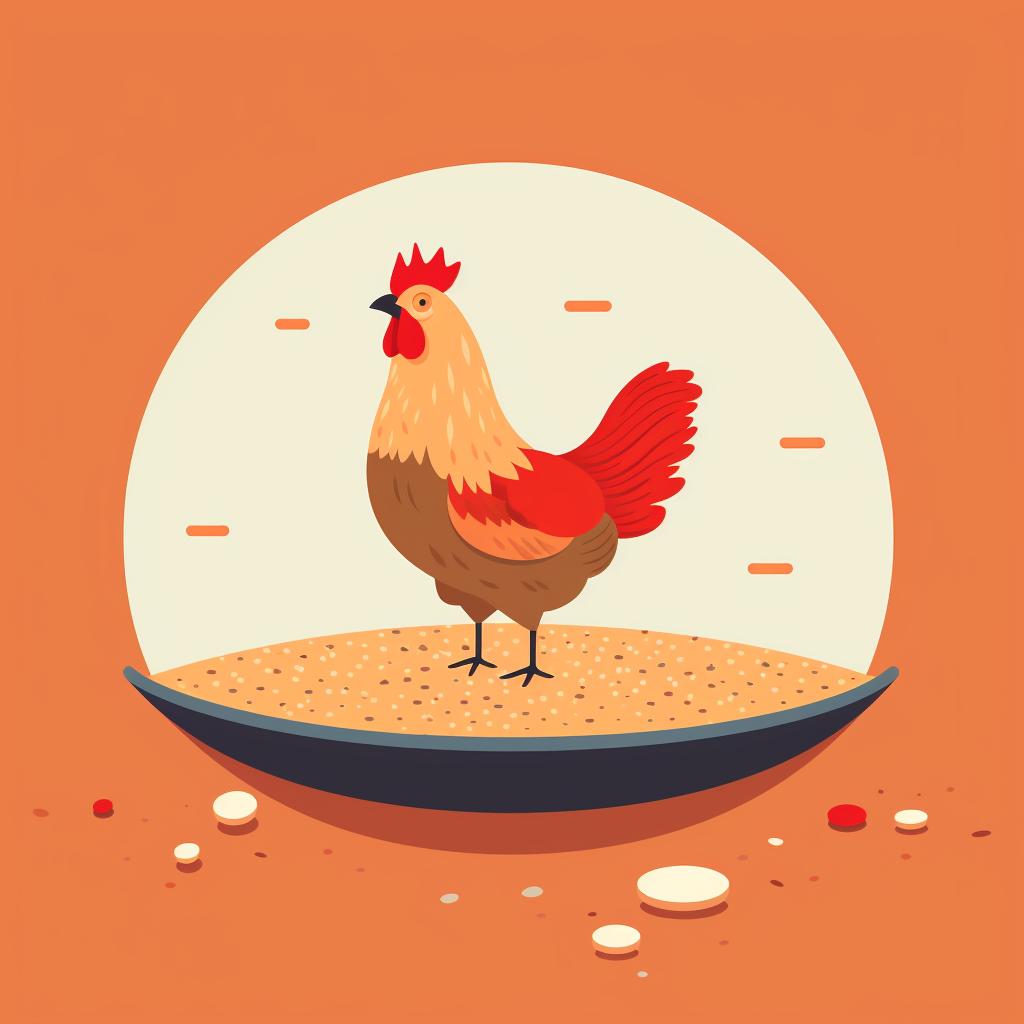🐔 Feeding Your Chickens Right: A Step-by-Step Guide
Feeding Your Chickens Right: A Step-By-Step Guide
Feeding chickens may seem simple, but it's important to provide them with the right nutrition at each stage of their lives. In this step-by-step guide, we'll walk you through the process of choosing the right feed, providing fresh water, supplementing with treats, including grit if necessary, providing extra calcium for laying hens, and monitoring your chickens' health.
Step 1: Choose the Right Feed
The first step in feeding your chickens is selecting the appropriate feed based on their age and type. Chicks require starter feed, pullets need grower feed, and laying hens thrive on layer feed. Roosters can be given grower or all-flock feed. By providing the right feed, you ensure that your chickens receive the necessary nutrients for their growth and development.
Step 2: Provide Fresh Water
Water is essential for chickens' overall health and well-being. Make sure your chickens always have access to clean, fresh water. Chickens can drink up to a liter of water a day, so it's important to check their water supply frequently. By keeping their water clean and readily available, you help them stay hydrated and maintain optimal health.
Step 3: Supplement with Treats
While commercial feed is the mainstay of a chicken's diet, treats can be a fun and nutritious addition. Fruits, vegetables, and mealworms are popular choices. However, treats should only make up a small portion of their diet, no more than 10%. It's important to introduce new treats gradually to avoid digestive upset. Treats can provide enrichment and variety, keeping your chickens happy and engaged.
Step 4: Include Grit if Necessary
If your chickens are eating anything other than commercial feed, such as grains or treats, they'll need grit to help with digestion. Grit is small, hard particles that chickens swallow to grind their food in their gizzard. You can provide grit in a separate dish, ensuring that your chickens can effectively break down and absorb the nutrients from their food.
Step 5: Provide Extra Calcium for Laying Hens
Laying hens require extra calcium to support egg production. Oyster shells are an excellent source of calcium and can be provided in a separate dish. By offering this supplemental calcium, you help ensure that your hens have the necessary resources to produce strong and healthy eggs.
Step 6: Monitor Your Chickens
Regularly monitoring your chickens is crucial for their overall well-being. Keep an eye on their health and behavior. If they're not eating, acting lethargic, or showing other signs of illness, it may indicate that they're not getting the nutrients they need. By being attentive and proactive, you can address any issues promptly and provide the necessary care.
Feeding your chickens properly is essential for their health, productivity, and happiness. By following this step-by-step guide, you'll have the knowledge and tools to provide your chickens with the nutrition they need at each stage of their lives. Remember, a well-fed chicken is a happy chicken!
Expert Chicken is your ultimate resource for all things chicken-related. From breed information to feeding tips and more, we're here to help you become an expert in raising and understanding chickens. Visit our website to explore our comprehensive guides, find live chickens near you, and discover everything you need to know about these fascinating creatures.


















